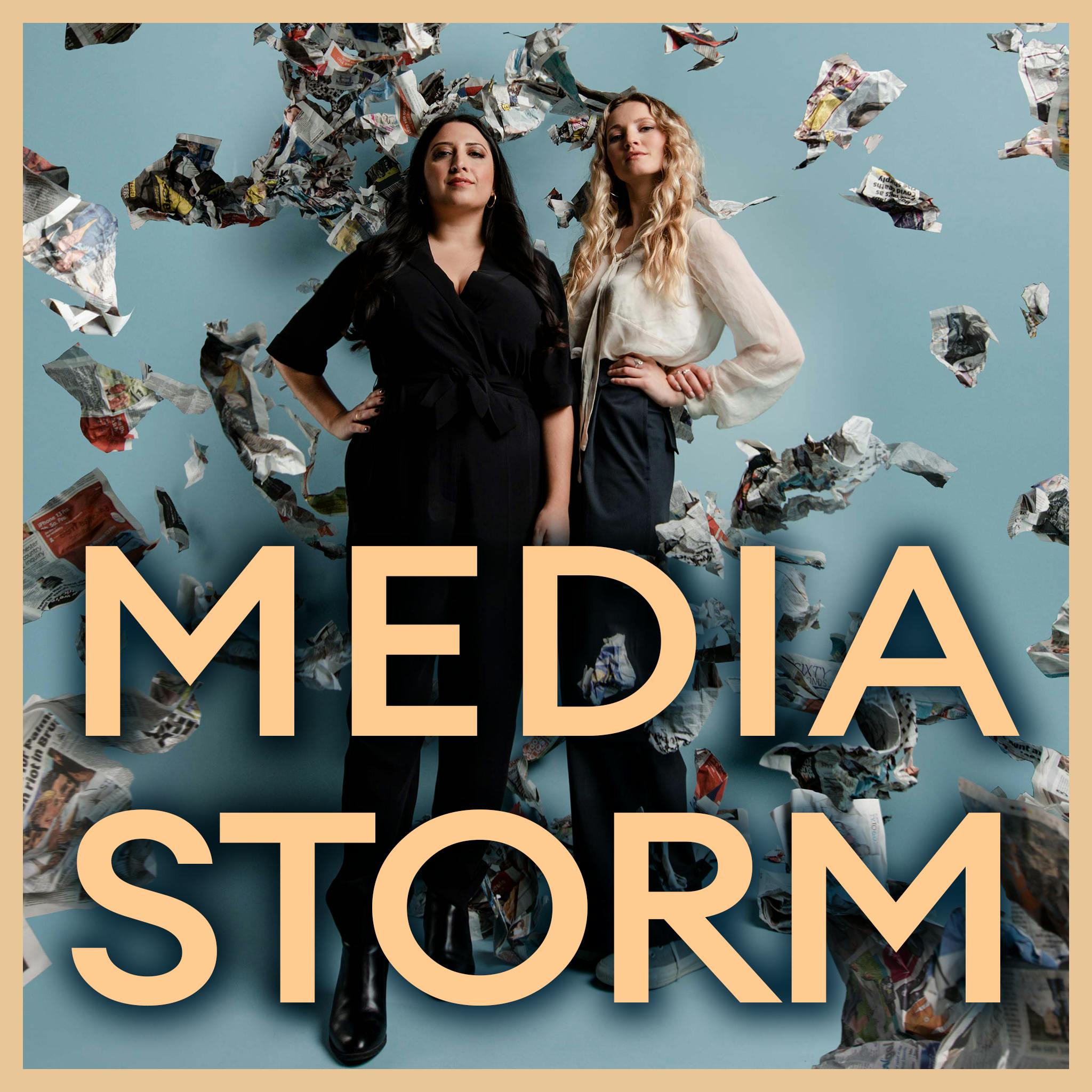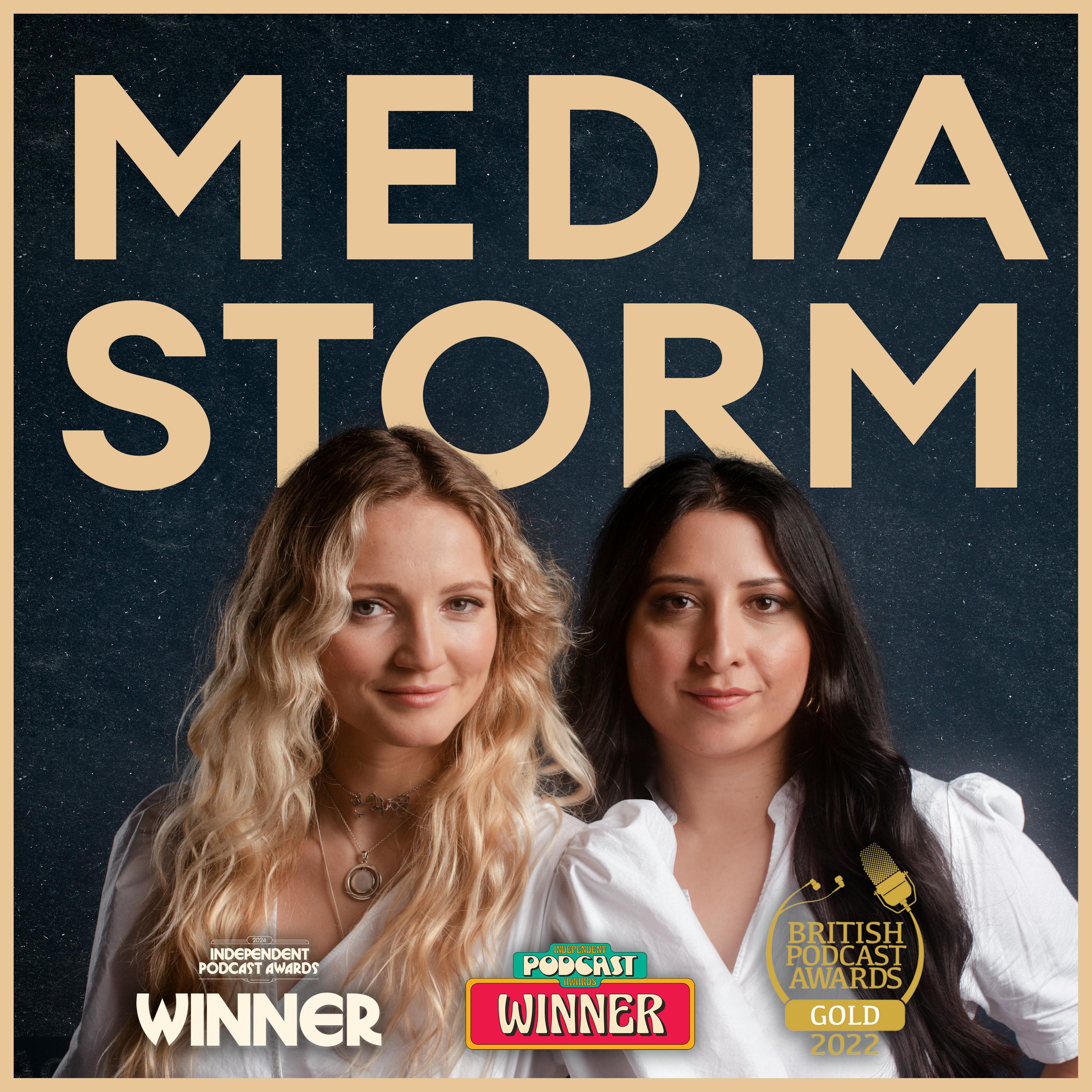
S4E14 Violence against women is a man's problem: Gisèle Pelicot, Rebecca Cheptegei, and millions more

Media Storm
Deep Dive
Why is men's role in gender-based violence often overlooked in media coverage?
Men's role is often overlooked because the media tends to frame the issue around the victim rather than the perpetrator, reinforcing stereotypes and avoiding the systemic implications of male violence. This approach erases the accountability and responsibility of men in these acts.
Why is it important to highlight the identities of the 72 men involved in the Gisèle Pelicot case?
Highlighting their identities is crucial to break the illusion that these men are isolated cases. They are part of the community, showing that such acts are not just individual failures but a reflection of broader social issues and entitlement.
Why is the choice of language in headlines significant when reporting on gender-based violence?
The choice of language can either humanize the perpetrator or re-victimize the survivor. For example, framing Gisèle's decision to make her trial public as 'revenge' shifts the focus away from the men's accountability and responsibility for their actions.
Why do young men in Gen Z seem more hesitant to engage with feminist ideals compared to previous generations?
Gen Z men are more likely to derive their information from social media, which often promotes harmful narratives and conspiracy theories. This, combined with societal pressures and insecurities, can lead to defensiveness and a misunderstanding of feminism.
Why is it problematic to use passive voice in headlines about Rebecca Cheptegei's case?
Using passive voice strips the story of the perpetrator's agency and responsibility. It fails to highlight that Dixon Ndiema, a man, was the one who poured petrol over her and set her on fire, thus downplaying the gendered nature of the violence.
Why do some headlines in the French case romanticize the abuser's past life?
Romanticizing the abuser's past life, as seen in headlines like 'They were a happy middle-class family,' minimizes the gravity of the abuse and can evoke sympathy for the perpetrator, obscuring the long-term, systematic nature of the violence.
Why is it important to include men in the conversation about preventing gender-based violence?
Including men in the conversation helps address the root causes of violence against women and girls. It shifts the focus from individual blame to systemic change, encouraging men to reflect on their own behaviors and the broader societal norms that contribute to such violence.
Why did Gisèle Pelicot choose to make her trial public?
Gisèle chose to make her trial public to raise awareness and support other victims of similar crimes. She wanted to speak for all women who are drugged and don't know it, and to challenge the silence and impunity surrounding these acts of violence.
Why do some men fail to sign up for courses on dismantling gender-based violence?
Many men think such courses are not for them because they don't see themselves as 'bad guys.' They believe they understand right and wrong, but lack an awareness of how they contribute to a culture that normalizes violence. The courses need to be clearly marketed as relevant to all men.
Why is the New Yorker article on Lucy Letby's case controversial in the UK?
The article questions the reliability of the evidence used to convict Lucy Letby, particularly the statistical data. It raises concerns about sensationalist media coverage affecting the judicial process, but the UK media is restricted from publishing such critiques to protect the integrity of ongoing trials.
Shownotes Transcript
Content warning: rape, sexual assault, and gender-based violence
Headlines about gender-based violence are sadly not rare. But over the last week, two harrowing stories have sent shockwaves around the world.
In France, pensioner Dominique Pelicot stands trial for recruiting 72 men to join him in drugging and raping his now ex-wife, Gisèle, over the course of a decade.
And in Kenya, Ugandan Olympian Rebecca Cheptegei burned alive after being set on fire by her ex-boyfriend, Dickson Ndiema.
There has been much reporting on these stories - and not all of it good. Joining us in the studio to pick apart the headlines is Daniel Guinness), Director of Beyond Equality) - the UK charity working with boys & men; and writer, researcher, and workshop facilitator Nathaniel Cole).
Men are being erased from the problem, and excused from the solution. So this week, Media Storm is flipping the script - because if violence against women begins with men, it can also end with men.
We also speak to Bryony Ball and Meggan Baker, the co-founders of SLEEC) - Survivors Leading Essential Eduction and Change.
Plus, your week's media storms: the New Yorker article casting a shadow over the Lucy Letby inquiry, what news talkshows can learn from the Jeremy Kyle inquest, and how to judge AI findings of BBC anti-Israel bias.
Hosts: Mathilda Mallinson (@mathildamall)) and Helena Wadia (@helenawadia))
Music: Samfire (@soundofsamfire))
Assistant Producer: Katie Grant
Episode research: Camilla Tiana
Support Media Storm on Patreon)!
Learn more about your ad choices. Visit podcastchoices.com/adchoices)